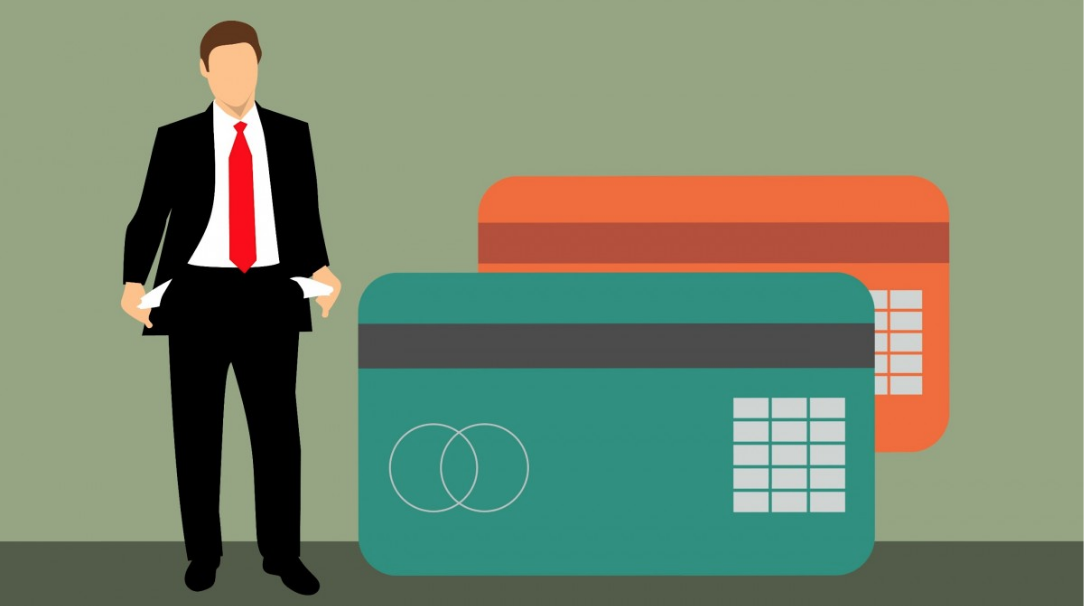
We spend the majority of our lives engaged in a tension between what we have and what we want. What we have, for the most part, is a decent income and some money in savings. What we want is a gigantic stock portfolio, monthly dividend payments in the tens of thousands of dollars, a mansion in LA and another in Europe, weekly shopping trips, working four hours a week and much much more. In short, there’s a big difference between the life we want and the life we have.
That tension, however, can reach new levels when you’re lucky enough to receive a financial windfall. Windfall payments can come from anywhere, like winning a jackpot in one of your favorite phone casinos or getting a large inheritance. On the one hand, you want to indulge your dream lifestyle, and on the other, you want to keep moving towards your financial goals. You could go out and blow all of the money you receive on luxury holidays and fast cars, but that’s unlikely to lead to the sort of long-term freedom and satisfaction that you seek.
That leaves you with a question: if and when you do hit a financial jackpot, what should you do? Just a quick disclaimer: the following advice is an opinion. What you do with your money is only an opinion. None of this is financial advice.
Keep It To Yourself
When you get a massive windfall, the temptation is to celebrate. You want to share your good fortune with the people around you and have a good time. After all, isn’t that what life’s all about?
Not so fast. Money is a tricky subject. It’s the sort of thing that can drive friends and families apart. When people win the lottery, you often hear horror stories about how relationships fail thanks to arguments about money.
The sensible thing, therefore, is to keep the amount of money between you and your bank account and find another, more superficial reason to celebrate with your friends. You want to make sure that the money you receive works in your interest and you’re not put under pressure by the people around you to “share” it with them.
Pay Off Your Credit Card Debt

Credit card debt is expensive. Most companies charge around 30 percent per year (and higher if they think you’re a credit risk). You’d need to invest in an asset that appreciated by more than 30 percent per year to cover the costs of your credit cards. Those assets do exist, but they’re rare, and as an amateur investor, you’re unlikely to have the skill to identify them.
When you get a windfall, one of the first things you need to do is pay off your credit card debt. It’s imperative that you prevent interest payments from draining your net worth and cutting into your financial wellbeing.
Figure Out Why You Have Consumer Debt

Windfalls are an opportunity for you and your family to build real wealth. Ideally, you’ll invest your money in a productive asset and reap the rewards for years to come. The problem for many people, however, isn’t that they don’t have enough money to meet their basic needs, but that they are in bad financial habits: factors which won’t just disappear because you suddenly have a large lump sum in the bank.
If you get a windfall, think about your spending habits. Far from helping you, a windfall can exacerbate your spending habits, cause you to spend more money and burn through your cash pile. It’s a missed opportunity and, if you’re not careful, can cause you to fall into even more severe financial problems as you try to keep up your luxury lifestyle.
Set Up An Emergency Fund
The majority of Americans, when polled, say that they could not come up with $500 for an emergency, even if they had to. People don’t have enough in liquid assets to cover the odd financial curveball that life has a propensity to throw at them.
Emergency funds are ring-fenced piles of cash that you only use for an emergency. An emergency could be anything:
- A broken-down boiler
- Emergency and unexpected dental treatment not covered by your insurer
- Damage to your property, such as broken windows and doors or bug infestation
- Fixing a broken-down car, you rely on for work and getting around
- Emergency medical treatment
- Loss of employment
Don’t Rush Into The Financial Markets
When you get a windfall, it’s tempting to run straight out and start buying stocks and shares. Most people go to some kind of managed investing service, like a mutual fund, and pay a fee to get somebody else to take care of their money for them.
Financial advisors will often tell people that this is what they should do. But if you look at the data, you soon realize something shocking: most money managers lose you money. All those fees you pay are essentially worthless because the average mutual fund doesn’t do any better than the market, and net of costs, it does worse.
If you do want to get into the financial markets and you’re not Warren Buffett, the best tactic is to buy a diversified ETF which contains dozens or hundreds of safe companies that aren’t likely to go out of business any time soon. ETFs typically charge in the 0.15 to 0.5 percent range, not the 1.5 to 3 percent of mutual funds.
Be Clear About Your Financial Goals
Of course, the whole purpose of the money you have is to spend it eventually. Money sitting in your bank account does little to improve your quality of life. But just going out and spending it on things that you think you want, probably won’t bring you any closer to your life goals. It’s vital, however, to have a plan for what you want to achieve financially.
Let’s say, for instance, that you have your sights set on living in a beautiful mansion in the countryside worth $1.5 million. You can’t afford it yet, even with your windfall payment. But you could afford it in ten years if you invested your money in the best stocks to buy now, for example, and left it to grow.
Having a timeline like this will show you what you can afford with your windfall money and when. You could predict how much your portfolio is likely to be worth in ten years and then use that to work out what you can afford today. You’ll also want to think about where you get your value in life. Having a $1.5 million mansion in the country is undoubtedly lovely, but it might not be as fulfilling as going on regular holidays or giving money away to a good cause.
Choose A Fiduciary Financial Advisor
An advisor who is a fiduciary is one who promises to put your needs above those of the organization that they represent. In a sense, they’re a bit like doctors who take the Hippocratic oath, promising to put the wellbeing of their patients above all else.
As you might guess, not all financial advisors are fiduciaries. Those who are not may try to get you to put your windfall into investment products that will make them a lot of money but will harm your wealth in the long term.
If you’re looking for a financial advisor but not sure who to choose, check out the National Association of Personal Financial Advisors. The organization provides information on who is a fiduciary and who isn’t.



